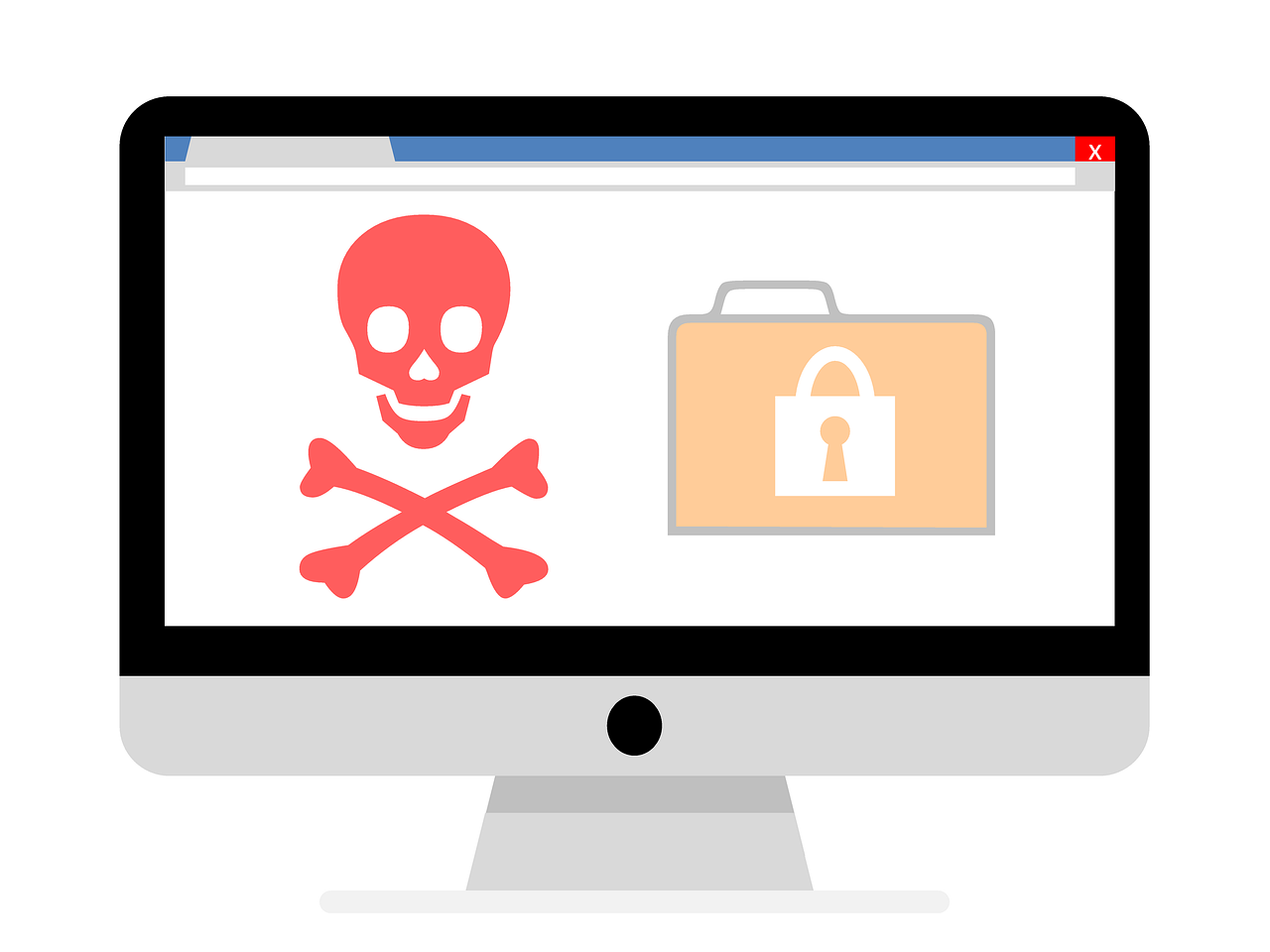Ransomware is an omnipresent word associated with cyber security. For quite a while now, it has progressed into something that affects even simple folks using the internet for their personal use.
Ransomware is a kind of malware that scrambles the data on your device to make them inaccessible. It’s basically an “encryption ransom.” The ransomware creator usually demands the owner of the hijacked account to pay a ransom (mostly in Bitcoin) to get the key to decrypt the scrambled files.
Cybercriminals who deploy ransomware often target companies and organizations like the police force, hospitals, the city council, and schools.
Statistics show that about 70% of businesses attacked by ransomware opted to pay the ransom so they can recover their files.
Cybercriminals attack businesses and organizations because:
- That’s where the large money is.
- The attackers are aware that an effective infection can result in significant business intrusions, which increases the likelihood of them receiving the ransom.
- The systems in most businesses are, in general, complex. Thus, they are susceptible to weaknesses that can be spotted and exploited by tech-savvy hackers.
- Ransomware can invade computers, servers, and cloud services.
- Cybercriminals know that most companies would rather pay the ransom than report a digital infection for fear of damaging their brand image or causing legal implications.
- SMBs are often unprepared to handle sophisticated online attacks. Also, most have a laid-back BYOD policy.
On the other hand, cybercriminals attack home users with ransomware because:
- They don’t usually have backup data.
- They buy and sell used laptop without completely wiping out the old user’s data.
- They have little to no cyber security training.
- They lack even standard cyber protection.
- They don’t update their antivirus software.
Ways to Protect Your Business or Personal Digital Life from Ransomware
- Back up. Back up. Back up.
The value of backing up your files can’t be stressed enough. The foremost harm afflicted by a ransomware attack is the loss of business or personal files. The most effective prevention against ransomware is to have a contingency plan like backing up important data on your equipment in a separate system. A good alternative system is an external hard drive that doesn’t have online connections. If you own a business, you need to save copies of company documents to external servers that won’t get infected even if there’s an attack on the main network.
- Be vigilant in opening emails, website, and apps.
For ransomware to effectively work, cybercriminals have to download a malicious file or software on the victim’s device. When the destructive file or software is downloaded and launched, it will set up a system to encrypt files. The most typical ways for this to take place are via phishing emails, harmful ads on websites, and sketchy apps.
To avoid downloading malicious files, always exercise caution. Don’t be too quick to open unsolicited emails or visit sites that are unfamiliar to you. Also, avoid downloading an app without any verification by an official app store.
- Install and use an antivirus program.
Most antivirus programs – even those that come for free – scan files to check if they are clean or contain ransomware prior to the download process. Antivirus programs can also obstruct hidden installations from malicious ads when you are browsing websites. They regularly scan your device to look for malware that may already be on your computer.
The risks of contracting ransomware are too great to be left to chance. Keep your data protected and secure your business from potential attacks.










